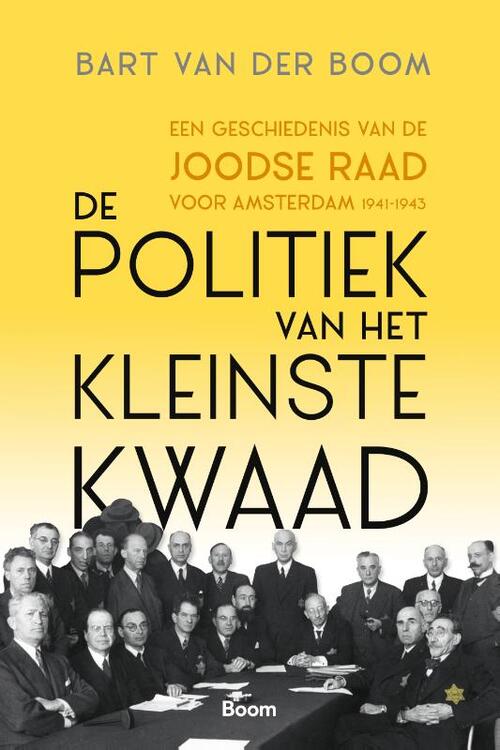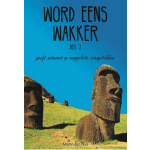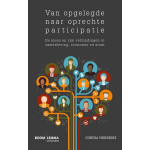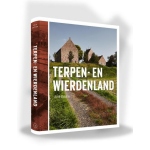De politiek van het kleinste kwaad
Reconstruction of the Jewish Council: Understanding the Complexities of SurvivalDuring the German occupation of the Netherlands, the Dutch Jews found themselves isolated from the rest of society, confined to a ghetto without physical walls. This ghetto was under the control of the Jewish Council, commissioned by the Germans. In February 1941, the Council began its existence by calling upon the Jewish population in Amsterdam ... lees meer over dit product
Prijzen gevonden tussen de € 29,90 en € 29,90
Productinformatie
Reconstruction of the Jewish Council: Understanding the Complexities of Survival
During the German occupation of the Netherlands, the Dutch Jews found themselves isolated from the rest of society, confined to a ghetto without physical walls. This ghetto was under the control of the Jewish Council, commissioned by the Germans. In February 1941, the Council began its existence by calling upon the Jewish population in Amsterdam to surrender their weapons. Consistently advocating obedience to German orders, the Council's policies took a disastrous turn when deportations commenced in July 1942. Initially exempted from these deportations, Council members also faced expulsion in the summer of 1943. The Council's policies had proven futile, and in the aftermath of the war, their actions were condemned as the worst form of betrayal - sacrificing their own people in a cowardly attempt to protect themselves.
However, such a judgment, although understandable, fails to provide a comprehensive understanding of the circumstances that confronted the Council during the war. Many people viewed the existence and policies of the Jewish Council as the only possible means to salvage what could be saved in such dire circumstances. In his book, "Reconstruction of the Jewish Council," acclaimed historian Bart van der Boom reconstructs the perspective of the Council, delving into the complexities and motivations behind their decisions.
Bart van der Boom, a distinguished historian and professor at Leiden University, seeks to shed light on how well-intentioned efforts tragically paved the way to destruction. His previous work, "We Know Nothing of Their Fate: Ordinary Dutch Citizens and the Holocaust," was awarded the coveted Libris History Prize.
Korte specificaties
Overig
| Aanraders | |
| Aantal pagina's | 384 pagina's |
| Auteur(s) | |
| Bindwijze | Paperback |
| Boek, ebook of luisterboek? | |
| Druk | 1 |
| Illustraties | |
| Studieboek | |
| Studieboek of algemeen | |
| Taal | |
| Uitgever | |
| Verschijningsdatum | maart 2022 |
Algemeen
| EAN | 9789024444878 |
|---|






